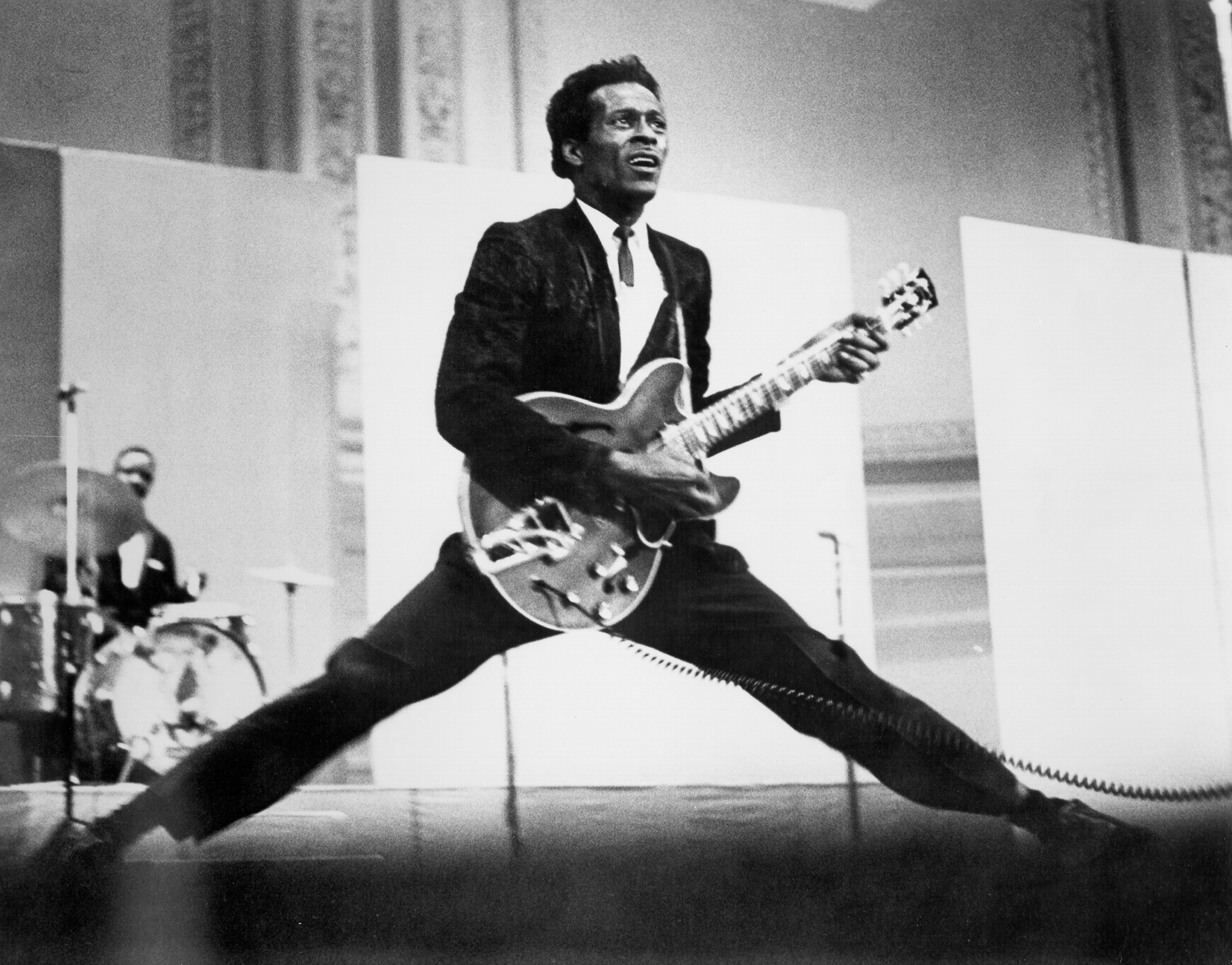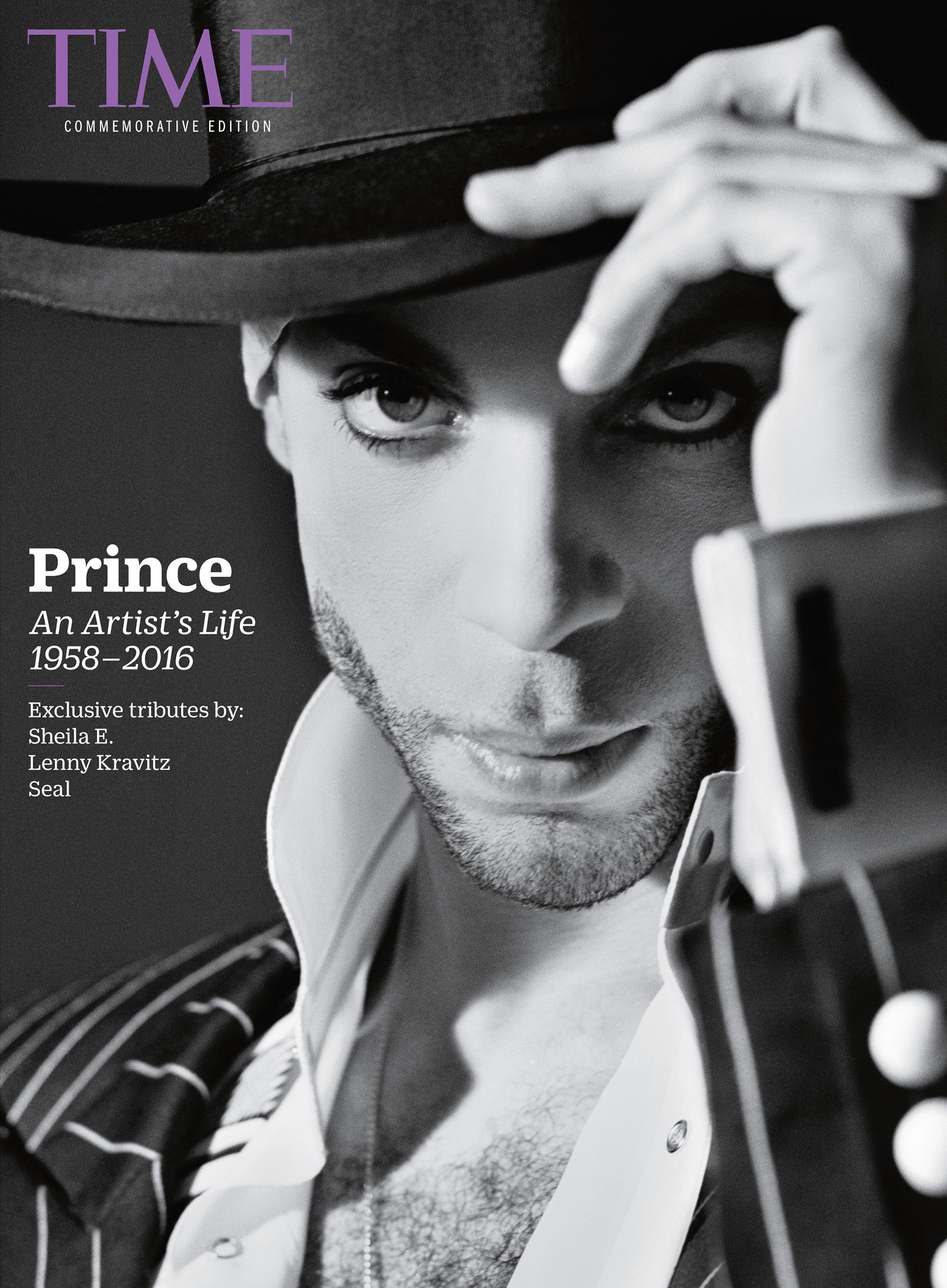

The rock song about the glory of being a rock star is practically a genre unto itself: There’s the Byrds’ “So You Want to Be a Rock and Roll Star,” and Joe Walsh’s “Life’s Been Good,” among others. But Chuck Berry was the first to try the idea out in his 1958 classic “Johnny B. Goode.” The song’s story arc tracked Berry’s real-life rise from a humble unknown to a world-famous superstar, and the singer used his childhood address—2520 Goode Avenue—in his protagonist’s name. But Berry took liberties with the details. Unlike “Johnny,” Berry grew up in St. Louis, not Louisiana, and unlike Johnny, he could read and write quite well, and studied hairdressing and cosmetology at night school. What’s more, “Johnny B. Goode” describes Johnny with the lyric “That little country boy could play.” Berry told Rolling Stone that the original line was “That little colored boy could play,” until he changed it to ensure the song would get air time. “Johnny” became so famous that in 1977 it was one of the recordings included on the Voyager spaceship to represent life on earth for extraterrestrial life forms or future humans to discover.
Excerpted from TIME-LIFE’s Rock & Roll: The Stories Behind the Songs, a brand new 96-page, fully illustrated edition that delivers the inside stories on scores of classic and conteportary and roll. Available at retailers and at Amazon.com
More Must-Reads from TIME
- Cybersecurity Experts Are Sounding the Alarm on DOGE
- Meet the 2025 Women of the Year
- The Harsh Truth About Disability Inclusion
- Why Do More Young Adults Have Cancer?
- Colman Domingo Leads With Radical Love
- How to Get Better at Doing Things Alone
- Michelle Zauner Stares Down the Darkness
Contact us at letters@time.com